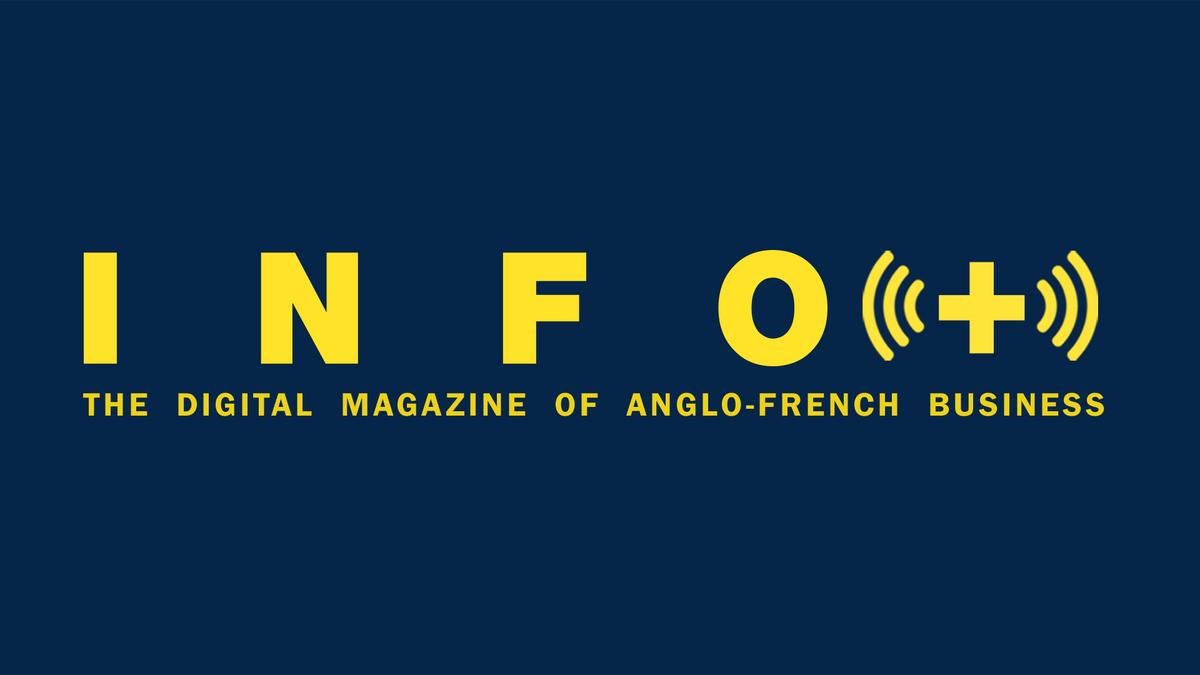Analyses & Studies • HR Focus
Engagement: working through the pandemic

The latest meeting of the HR Forum discussed how to keep your people engaged and fired up in COVID-19 times
In a session chaired by Pia Dekkers, HR Director, Chanel, the HR Forum welcomed three guest speakers to unpack key challenges facing business from a people management and recruitment focus: Patrick Cournoyer, Chief Evangelist, Peakon, Lydik Grynfeltt, Director, PAC Conseil, and Kylie Quintus, Director, PAC Conseil.
Supporting managers is essential
It is certain today that organisations are going through changes due to the uncertain future. According to Patrick Cournoyer of Peakon, this change is managed by organisations is a challenge, particularly for front-line leaders, as their roles have been adapted and expectations of them have increased.
In internal research conducted by the firm, managers were twice as likely to make comments about wellbeing, associated around mental health, stress, and work-life balance throughout the pandemic and the lockdown.
On a global scale, Cournoyer notes that 64 percent of managers feel that their productivity is misunderstood by their organisations. (On the employee level, this is at 58 percent.)
He says that firms need to find ways of supporting managers so they can be more confident, and feel better about the situation that they are in. Firms also need to move beyond finding ways to understand if their people are being productive, to building relationships and trust.
He notes the positive development that the responsiveness of many managers has skyrocketed, as they have been interacting with colleagues and teams more than they ever have in the past. The question for organisations becomes, how they can support their managers to have the most meaningful conversations with their teams.
Supporting staff in the office and at home
Kylie Quintus of PAC Conseil says that successful businesses must put a strong focus on communications. ‘In the past, it may have been possible to communicate too much, but now this is no longer the case,’ says Quintus. ‘The informal ways of communicating, such as the corridor chat or the watercooler chat, have disappeared – we need to make sure that we are replacing these channels in some way.’
This means communicating regularly, authentically, clearly and with empathy, at all levels of the organisation – organisation, team, individual as well as furloughed employees.
She also advises companies to assess their benefits, wellbeing and learning and development packages offer to staff to understand if they are working in the current environment. There is a real opportunity to make changes to better support and reward employees.
Sustaining engagement for the future
Lydik Grynfeltt of PAC Conseiladvises companies in the first instance to gather as much insight as possible on their current products, services, organisations and office spaces/properties to be able build scenarios to deal with potential future challenges.
By having information and options to inform decision making, firms will be helping to give control back to managers and staff and build engagement. Grynfeltt notes that it is key to build engagement of your people through involvement in projects and by involving your talent in decision-making.
Internal communication of projects follows naturally. ‘You let your team know that you have projects on the go, and that you have decided to take control,’ says Grynfeltt. ‘You say that there is no clear solution at the moment, but you can show that people are working hard to find solutions.’
‘This gives you the opportunity to communicate on your values, on the how and why of what you do. It’s also a great way to communicating your vision of the future throughout the organisation.’
This article was published in INFO Magazine Autumn 2020: How business will adapt. Read the whole issue here